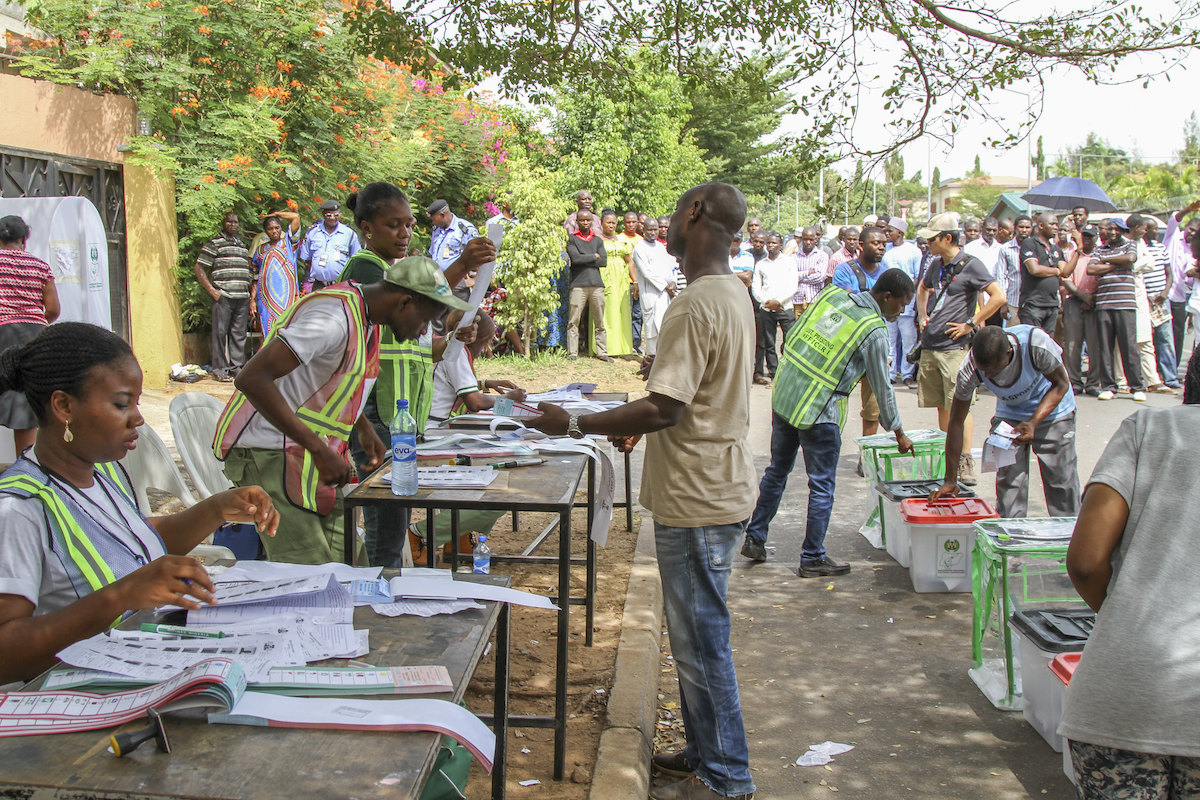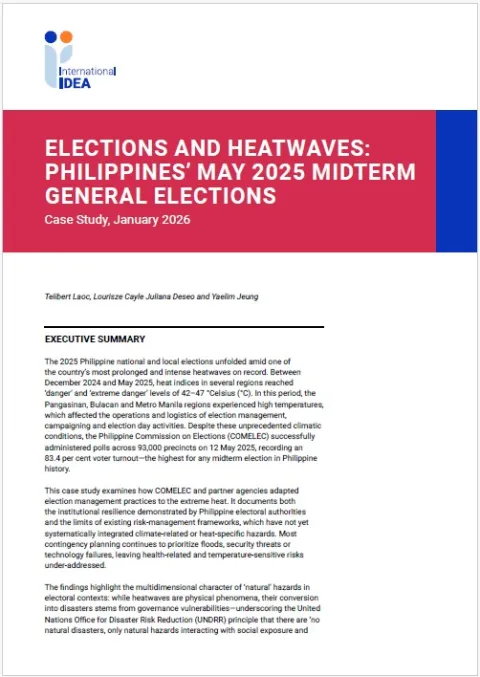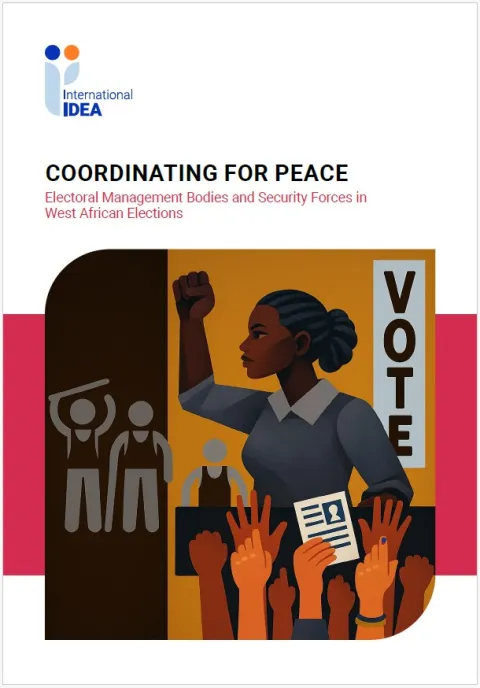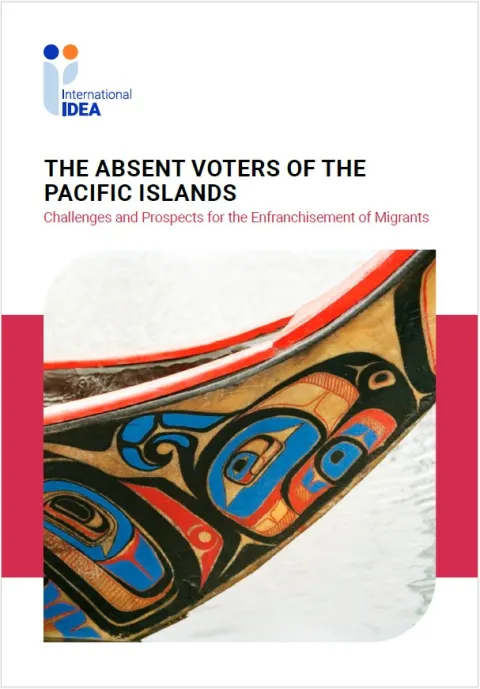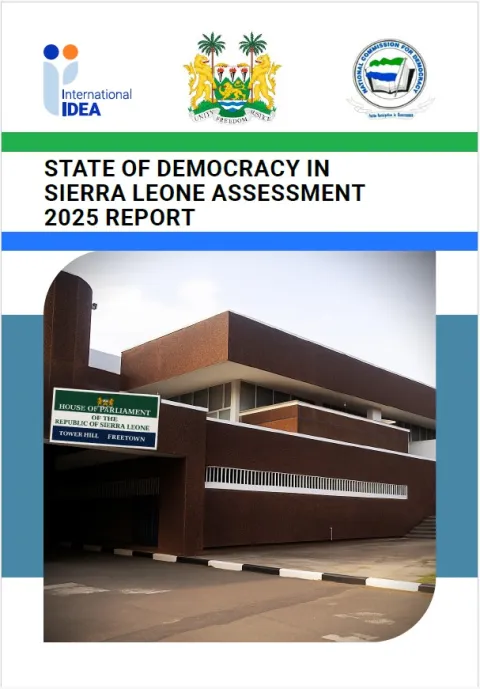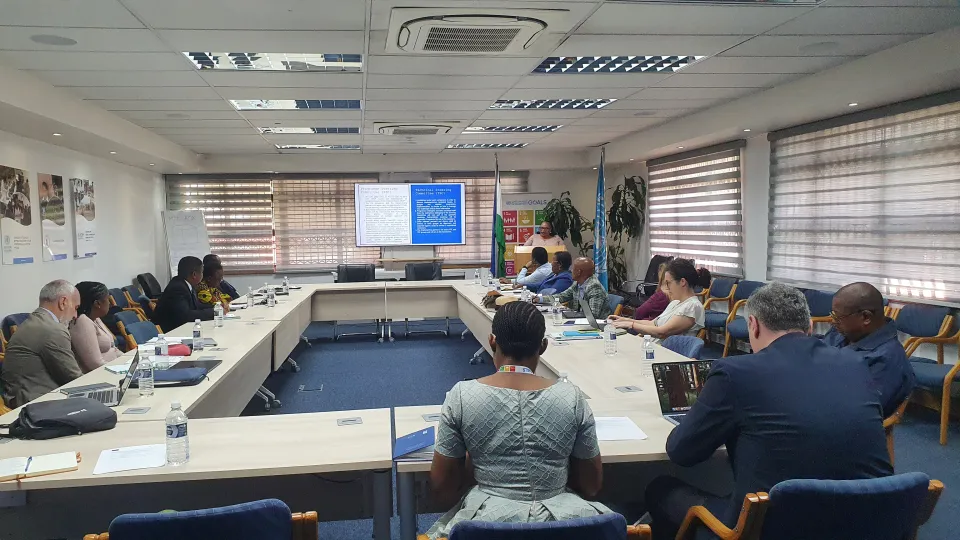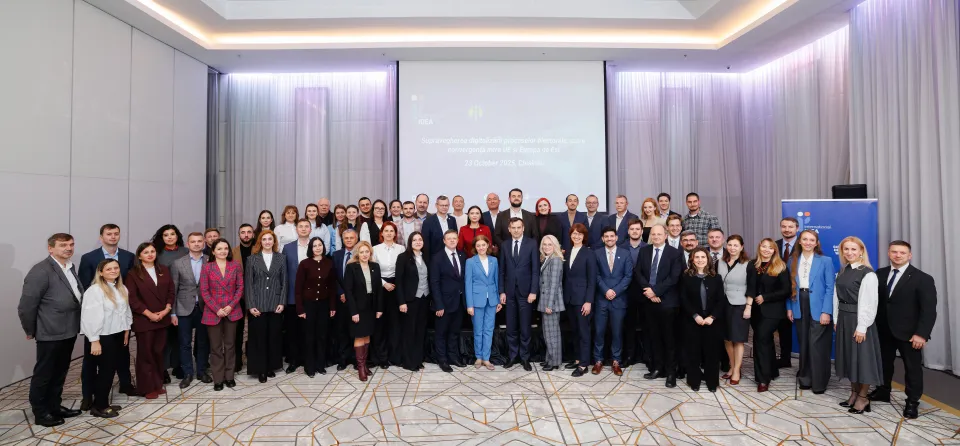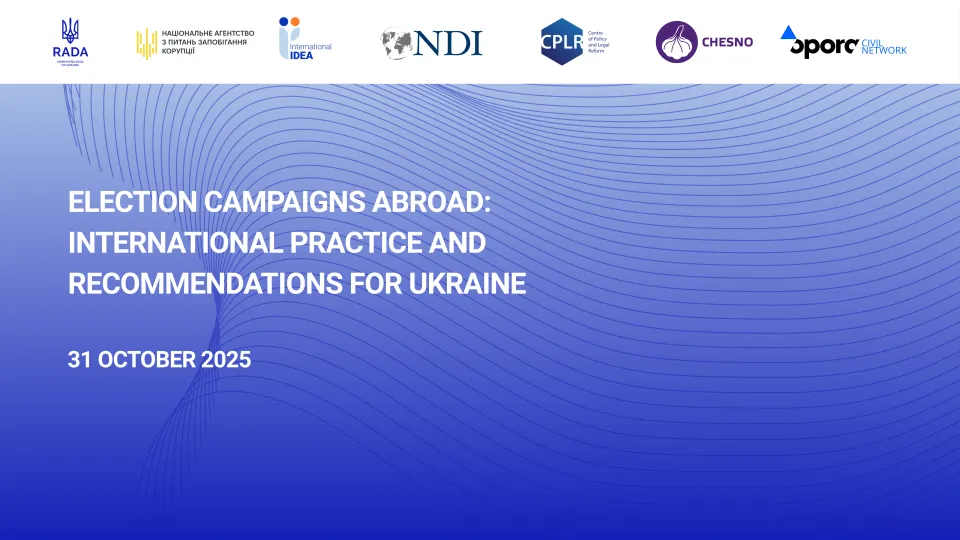Managing Elections during the COVID-19 Pandemic
In the midst of the extraordinary challenges and uncertainty stemming from COVID-19, decision-makers are under increasing pressure to determine how to manage the pandemic’s immediate impact on, and consequences for, the timing and sequencing of elections.
These decisions cannot be taken lightly, as they could jeopardize public health and shape the state of democracy in their countries, states or territories for years to come.
The COVID-19 pandemic has rapidly challenged elections, making new and pressing demands on how they are managed. The main public health threat associated with elections arises from the requirement for voters to cast their ballots in person at a polling station, most often on a single day. Having to converge to polling stations and handle voting materials that have been touched by many others, while being confined in crowded spaces where maintaining a safe distance from others may be difficult has suddenly become a new challenge.
By devising timely, appropriate and sustainable solutions, drawn from own or others’ experience, electoral democracy frameworks can be gradually strengthened to withstand undue pressure.
Details
Staff author
Related databases & tools
Contents
1. Challenges to electoral democracy
2. New dilemmas for decision-makers
3. Special voting arrangements as public safety guarantees
4. Towards a “new normal” in managing elections after COVID-19?
References
Give us feedback
Do you have a question or feedback about this publication? Leave us your feedback, and we’ll get back to you
Send feedbackManaging Elections during the COVID-19 Pandemic
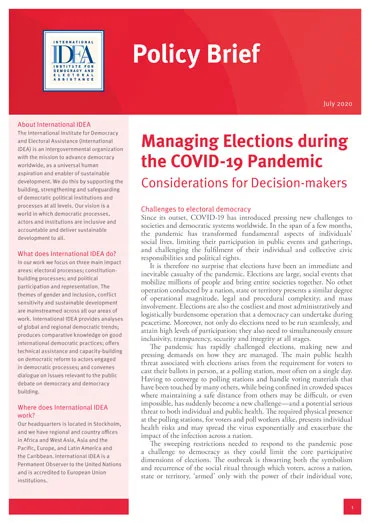
| Total views | 14497 |
|---|---|
| Downloads | 47 |
| Rating |
Staff author
Related databases & tools
Give us feedback
Do you have a question or feedback about this publication? Leave us your feedback, and we’ll get back to you
Send feedback